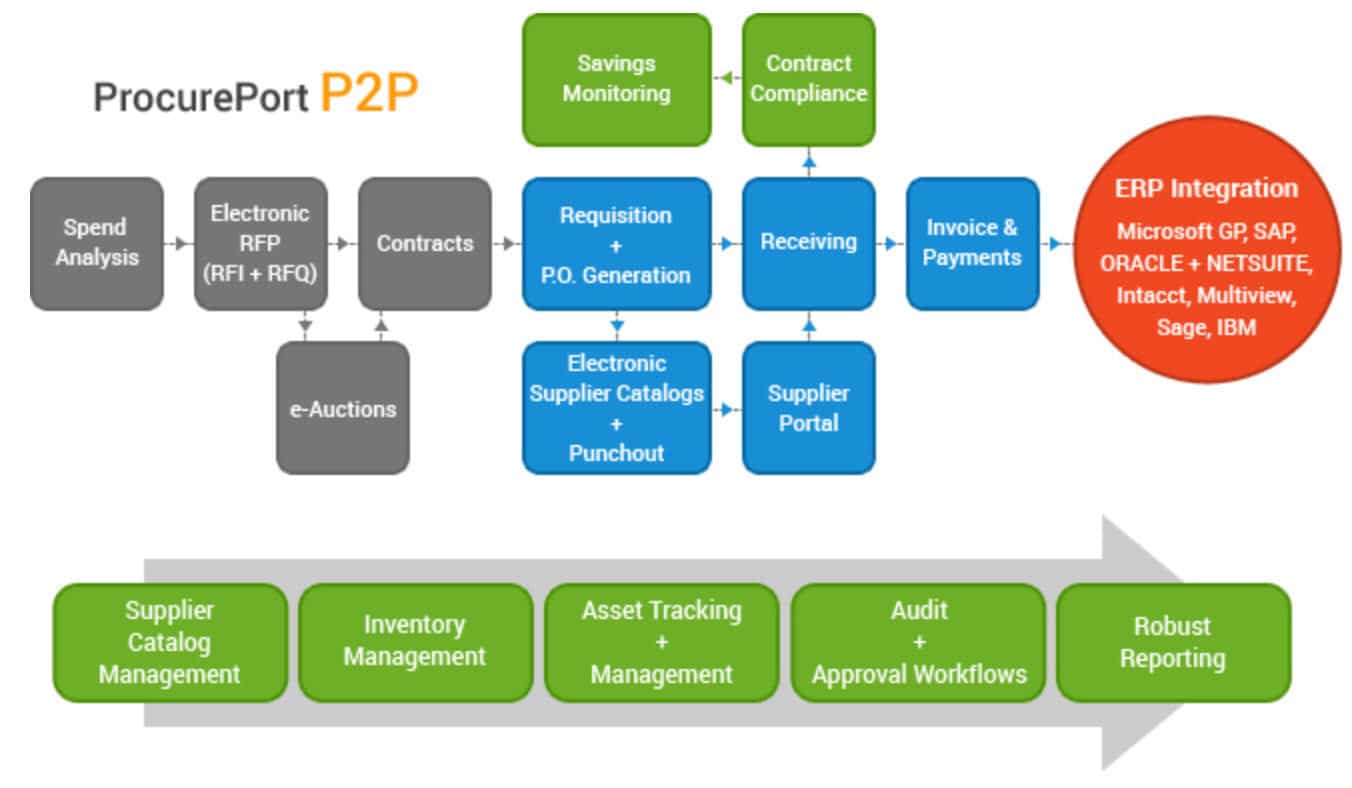

But is there another subject as important as this one about which we assume so much and know so little? How do you explain this? What do you think? Their book represents a useful effort to shed light on the issue. But CEO pay increased substantially even in low-performing firms in their study. Ira Kay and Steven Van Putten report, based on extensive data, that they have found a correlation between executive pay and long-term total returns to shareholders. The company's goals are the (opposite)." Claude Des Rosiers warned that "There are enough challenges to get people in an organization to work together (without compounding the problem by paying for individual performance)." Sylvia Lee pointed out that "we want knowledge sharing but reward knowledge hoarding." In commenting on executive pay, CEO Nari Kannan noted that CEOs seek "less loss on the downside, more gains on the upside. The perverse effects of pay for performance were also targeted. As Ellis Baxter put it, "… sanity is paying for what you want to have done…." Karla Ortega commented that "… a well-structured compensation plan communicates corporate objectives to your employees…." Veronica Serrano suggests that this occurs when "extraordinary performance or major business change is required." Whether this is the case or not, several voiced the need to link pay to both financial and non-financial performance measures.

Special needs sometimes dictate pay in relation to expected performance. So beyond paying for (their) performance, why don't we think more about (paying to retain them) for (their) competence?" Pallavi Marathe concurs, saying that "Salary and retention are interlinked these days … (the latter) is also of utmost importance." Jim Chorn asks, "Do you give (mid-range managers) larger incentives in the hope of retaining them?" Xu Jian comments that "competitors hire (our employees for their) competence.

However, there is a sense, expressed by John Ippolito, that there is a lack of perception in boards of directors of "what constitutes 'creating value' in the enterprise … many boards are too ready to turn over the keys to the incoming CEO-then watch the stock price to see if he or she did a good job."Īshok Malhotra favors "reasonable incentives for short-term performance" and "higher incentives for long-term performance." The rationale, as Mark Evans explains, is that "a CEO must develop and implement strategies that provide long-term sustainable outcomes to the benefit of shareholders." However, Gary Johnson cautions that "Because excitement is so critical to success, pay for performance value can be diminished the longer the time delay for receiving performance pay." Generally speaking, respondents favored schemes designed to reward long-term as well as short-term performance, encourage retention, recognize special needs of an organization, be based on the achievement of both financial and non-financial objectives, and in general create value for shareholders. Taken to an extreme, it leads to a conclusion such as that of Renat Nadyukov: "Sometimes we forget why we pay people." Sivaram Parameswaran concurs, saying, "in the compulsion to stay on par with other players, we lose track of real value and performance." The question of what kind of pay for what kind of performance, however, becomes much more complex, suggesting a practice in need of further examination. Pay for performance: Why do we assume so much and know so little? Pay for performance is an important element of good management, judging from responses to this month's column.


 0 kommentar(er)
0 kommentar(er)
